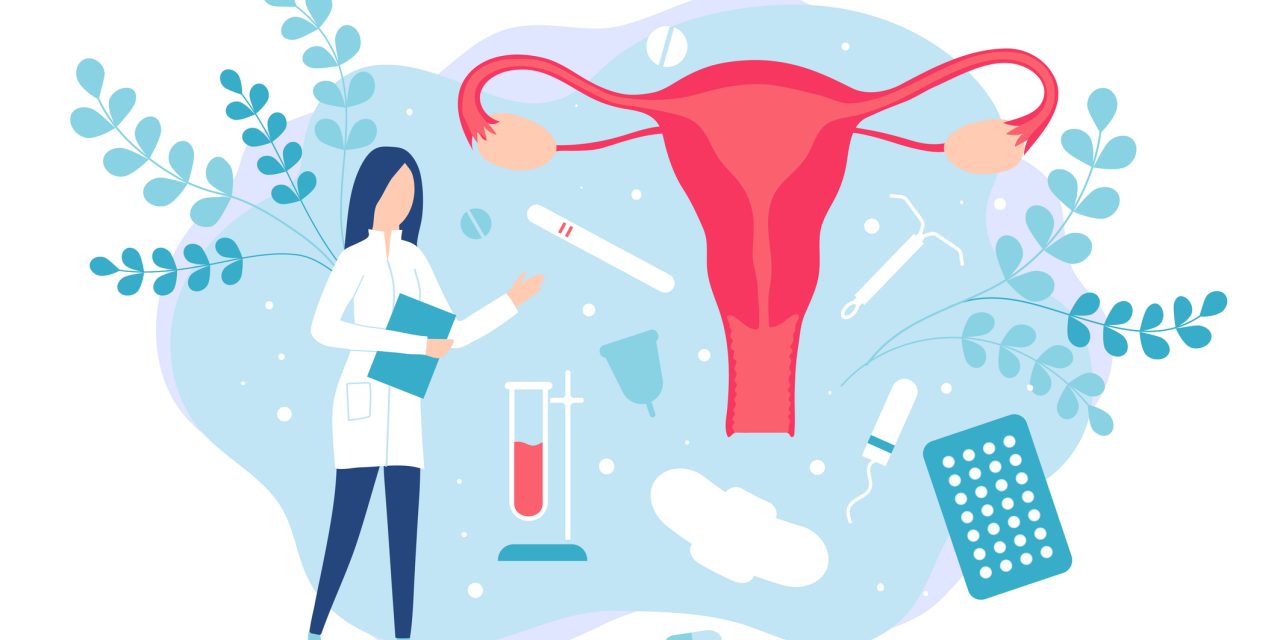Suicide is the tenth largest cause of mortality, with over half of all suicides occurring during women’s reproductive years. Suicide is linked to mental illnesses, particularly mood and anxiety disorders. Adversities in childhood, such as physical, emotional, and sexual abuse, as well as intimate relationship violence, raise the chance of suicide. Having several mental disorders or concomitant drug use disorders raises the risk of suicide. Substance use disorders can be the catalyst for a suicide attempt in those who have a mental illness and suicidal thoughts. Women try suicide three times more frequently than males, but they are less likely to succeed. Despite the fact that the likelihood of suicide reduces during pregnancy, pregnant women are more prone to employ violent measures. Women who commit suicide during their pregnancies are more likely to be younger, married, and suffering from a depressive episode. For many women, reproductive health care clinics may be their sole contact with the medical system. This implies that their obstetrician–gynecologist has a once-in-a-lifetime chance to treat women’s mental health and improve suicide prevention.
The American College of Obstetricians and Gynecologists advises perinatal women should be screened for depression. Clinicians must be aware that women suffering from severe prenatal depression are more likely to commit suicide, and that women experiencing suicidal thoughts require thorough monitoring, diagnosis, and therapy.


